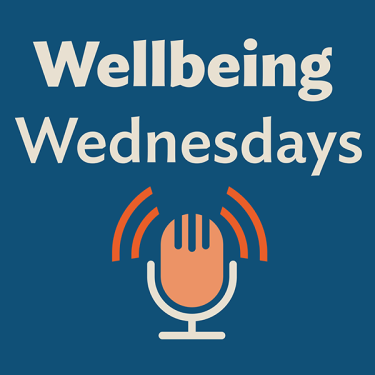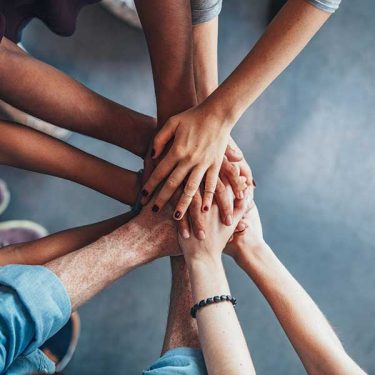As a senior advisor at the National Council for Mental Wellbeing, I have a lot be proud of this National Recovery Month. Over the last year, I’ve gotten to create and support so many initiatives focused on substance use, recovery and lived experience here at the National Council. But as we celebrate Recovery Month, I can’t help but feel the most pride in my own recovery journey — the reason why I get to be here working on such important efforts.
I’ve been in recovery since 19. Because of that journey, I know the transformative power of a life built on a foundation of recovery. I know what it’s like to rebuild trust in myself, to learn new ways of coping with despair, stress and a brain wired for dopamine-seeking. I also recognize the real privilege of beginning my healing journey earlier, rather than later.
This Recovery Month, I celebrate my journey. I celebrate the millions of other Americans in recovery today. I also commit to helping young people find their footing on a healthier path, before substance use becomes disorder.
The Prevalence of Parental Substance Use and Its Impact
The foundation of many young adult struggles is laid early. In 2023, nearly 1 in 4 U.S. children, about 19 million, lived with at least one parent who had a substance use disorder (SUD). Among these, 7.6 million had a parent with moderate to severe SUD, and over 6 million had a parent with both SUD and mental health disorders.
Research shows that parental SUD significantly raises the odds that a child will develop their own SUD during adolescence. If both parents have SUD, the risk triples. Moreover, childhood environments filled with adversity, including parental substance use, often leave enduring imprints. Children exposed to household substance use are over three times more likely to experience substance use challenges later, especially when paired with other adverse childhood experiences.
The Importance of Early Intervention
The good news? Early intervention works. Evidence shows that initiatives in schools, communities and families can decrease youth substance use and associated behaviors. Programs like SBIRT (Screening, Brief Intervention and Referral to Treatment) identify risky use early and guide youth toward help. Peer support initiatives and youth-centered prevention programs also show promise in improving wellbeing and reducing risks. Taking these early steps is not reactive — it’s proactively turning the tide toward healthier futures.
Recovery Is Real, and It’s Beautiful
To the young adults already living with SUD and walking their path of recovery: The life you’re building is meaningful and overflowing with possibility. Recovery isn’t about fixing a broken you. It’s about discovering, creating and growing. As someone who found recovery young, I say this from my heart: It’s possible to find joy, to forge deeper connections, to discover your strengths, purpose and peace — no matter how hard life may have been.
National Recovery Month reminds us that recovery journeys are sources of inspiration and hope. Your life is living testimony that the path doesn’t need to stop at SUD. Maybe it’s only the beginning.
Tips for Supporting Young Adults in Recovery
- Listen first, judge never. Offer a safe, empathetic space. Sometimes what a young person needs most is to feel heard and understood, not fixed.
- Help build healthy coping tools. Support access to therapy, recovery coaching, mindfulness, creative outlets or 12-step and peer groups. Replace old patterns with tools that nurture.
- Connect to community. Hobbies, recovery communities and volunteering can all foster belonging. When a young person feels grounded and seen, their chances of sustained recovery improve.
- Encourage meaningful goals. Recovery thrives when tied to purpose: creative goals, education, relationships, service, spirituality. Stand with young people as they discover what sets their soul on fire.
This Recovery Month, let’s honor the beauty of recovery happening all around us, as well as the hearts still striving to achieve it. Together, let’s build futures with a foundation of hope and compassion, where healing begins early and recovery is the start of a new chapter.
Find more resources for young adults by visiting the National Council’s Youth Hub.
Author
Senior Advisor, Practice Improvement and Consulting
National Council for Mental Wellbeing
See bio




